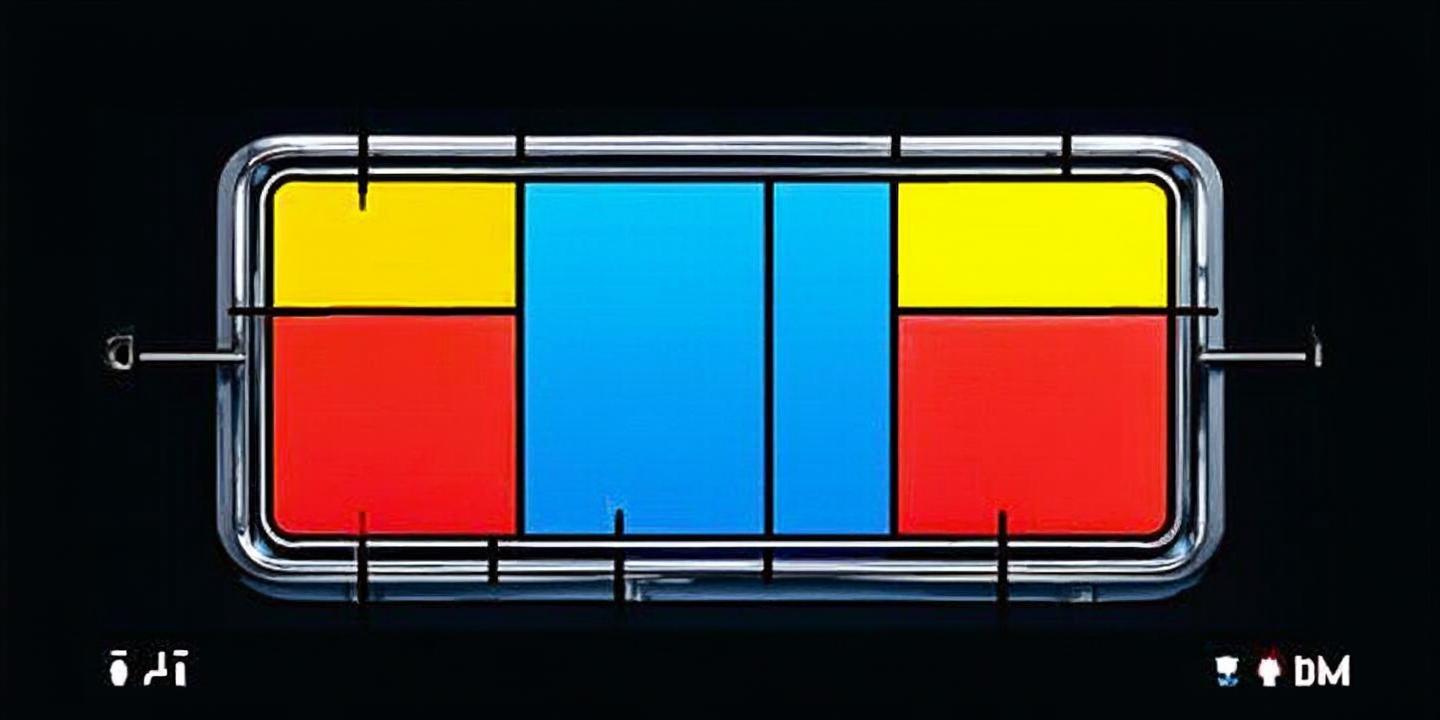发布时间2025-03-12 16:43

在少儿英语学习的过程中,拼写错误是一个普遍存在的问题。孩子们在学习新语言时,往往会因为发音、语法规则不熟悉或母语干扰而犯下一些常见的拼写错误。这些错误如果不及时纠正,可能会形成习惯,影响后续的英语学习。本文将详细探讨18个少儿英语学习中的常见拼写错误,帮助家长和老师更好地指导孩子,避免这些错误的发生。
许多孩子在学习英语时,容易混淆“their”和“there”。这两个词虽然发音相似,但意义完全不同。“Their”表示“他们的”,而“there”表示“那里”。例如,“Their house is big”和“There is a cat in the garden”。
“Your”和“you’re”也是孩子们常常混淆的词语。“Your”表示“你的”,而“you’re”是“you are”的缩写,表示“你是”。例如,“Your book is on the table”和“You’re my best friend”。
“Its”和“it’s”的混淆也是常见的错误。“Its”表示“它的”,而“it’s”是“it is”或“it has”的缩写。例如,“The cat licked its paw”和“It’s a beautiful day”。
“To”、“too”和“two”虽然发音相同,但意义完全不同。“To”表示“到”,“too”表示“也”或“太”,而“two”是数字“二”。例如,“I went to the store”、“I want to go too”和“I have two apples”。
“Then”和“than”也是孩子们容易混淆的词语。“Then”表示“然后”,而“than”用于比较。例如,“We went to the park, then we had lunch”和“She is taller than her brother”。
“Weather”表示“天气”,而“whether”表示“是否”。例如,“The weather is nice today”和“I don’t know whether to go or stay”。
“Lose”表示“丢失”,而“loose”表示“松的”。例如,“I don’t want to lose my keys”和“My pants are too loose”。
“Principal”表示“校长”或“主要的”,而“principle”表示“原则”。例如,“The principal of the school is kind”和“Honesty is an important principle”。
“Accept”表示“接受”,而“except”表示“除了”。例如,“I accept your apology”和“Everyone is here except Tom”。
“Affect”通常用作动词,表示“影响”,而“effect”通常用作名词,表示“效果”。例如,“The weather can affect your mood”和“The medicine had a positive effect”。
“Quiet”表示“安静的”,而“quite”表示“相当”。例如,“Please be quiet”和“It’s quite cold outside”。
“Piece”表示“一块”,而“peace”表示“和平”。例如,“I want a piece of cake”和“We all want peace in the world”。
“Desert”表示“沙漠”,而“dessert”表示“甜点”。例如,“The Sahara is a large desert”和“I love chocolate dessert”。
“Stationary”表示“静止的”,而“stationery”表示“文具”。例如,“The car remained stationary”和“I bought new stationery for school”。
“Complement”表示“补充”,而“compliment”表示“赞美”。例如,“The wine complements the meal”和“She gave me a nice compliment”。
“Allusion”表示“暗示”,而“illusion”表示“幻觉”。例如,“His speech contained an allusion to Shakespeare”和“The magician created an illusion of a floating ball”。
“Capital”表示“首都”或“资本”,而“capitol”表示“国会大厦”。例如,“Washington, D.C. is the capital of the United States”和“The capitol building is in Washington, D.C.”。
“Coarse”表示“粗糙的”,而“course”表示“课程”或“路线”。例如,“The sandpaper is coarse”和“I am taking a math course”。
通过了解这些常见的拼写错误,家长和老师可以更有针对性地帮助孩子纠正错误,提升他们的英语拼写能力。记住,反复练习和及时纠正是避免这些错误的关键。
猜你喜欢:lawer
更多少儿英语